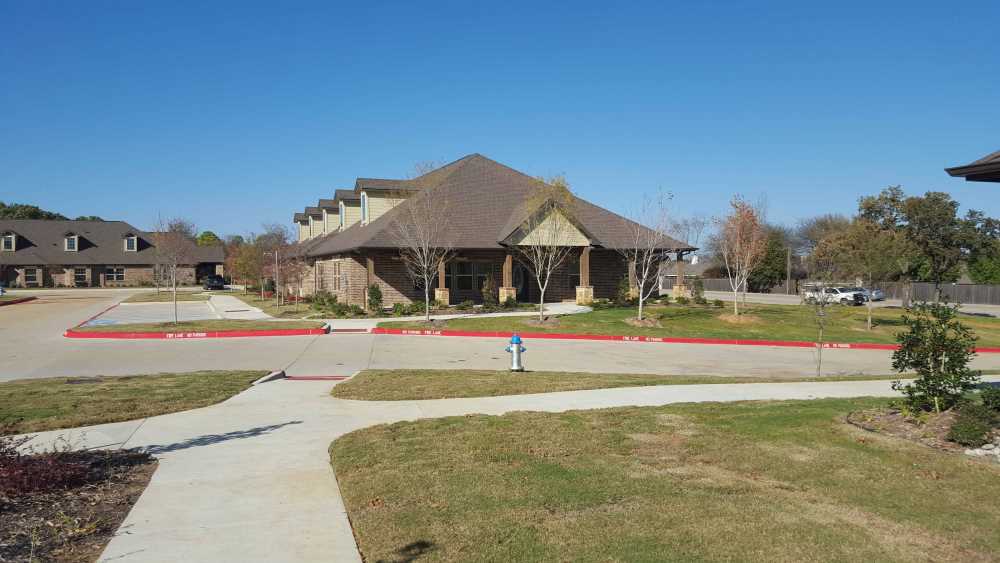Five Benefits of Residential Memory Care Homes
Thoughts of memory care conjure up images of white walls, blaring televisions, and residents sitting around watching the world go by. Sadly, excessive noise and commotion often found in the traditional care model can actually exacerbate anxiety and agitation in people living with dementia. Visiting a residential care home is an entirely different and more positive experience. Five Benefits of Residential Memory Care Homes

Home-Like Environment and Services
While the homes are fully ADA-compliant, residential care is anything but institutional. The atmosphere is warm and inviting; often personal mementos can be found in common areas, adding to the feeling of familiarity, comfort, and security.
Residents enjoy nutritious home-cooked meals served family-style at a dining table, and caregivers are there to help those who need more assistance with eating. Meal time also provides an opportunity for socialization, fellowship, and togetherness. Families are able to share favorite recipes so loved ones can savor a dish from years gone by, and this can have the added benefit of triggering memories.
In addition to assistance with activities of daily living and medication reminders or administration, residential care homes typically provide housekeeping and laundry service. Some also offer transportation, visiting physicians and podiatrists, hairdressers, and pharmacy delivery services.
Person-Centered Care
The ultimate objective for any care provider should be giving residents the best possible quality of life. In the residential care setting, caregivers are encouraged to learn about clients’ history, family, career, hobbies, and interests. This familiarity is the key to providing person-centered care, defined as care designed to meet the unique needs of each individual.
Having a personal connection helps caregivers develop strategies to redirect and calm someone experience agitation. Even understanding simple things like meal or personal hygiene preferences can make all the difference in the world to someone living with memory impairment.
Staff in residential memory care homes develop close relationships with both residents and family members and are often viewed as extended family. Their ability to connect on such an intimate and unique level is something just not found in traditional care settings.
Higher Staff-to-Resident Ratio
Typically, the ratio in residential care is one staff member to no more than three or four residents. In a traditional setting, a call button may go unanswered for 30+ minutes if staff are busy assisting others; however, residential caregivers are able to tend to needs right away. More attention can be given to personal hygiene and toileting, often resulting in fewer urinary tract infections.
Perhaps most notable is the ability for caregivers to just sit and talk to a resident one-on-one, or simply hold someone’s hand to bring comfort. There’s no substitute for genuine compassionate, loving care.
Enrichment Activities
In traditional memory care, activities are often designed to be “one size fits all” simply out of necessity. In residential memory care homes, the staff can tailor activities to specific interests and abilities making them more enjoyable and increasing the likelihood of participation. While one resident may love doing a craft, another may prefer a sorting activity and yet another might enjoy folding towels. Enrichment activities are an important way to create sense of purpose, so personalization is very beneficial. Higher staff-to-client ratio also affords caregivers time to pamper residents with special services like soothing hand massages.
Security
While doors are secured, the square footage of a residential care home is much more manageable for caregivers. More often than not, residents are within sight of staff members. Although traditional memory care units are locked, with constant traffic coming in and out and more residents for staff to look after, it is much easier for someone to slip out unnoticed. Residential care homes often have secure outdoor areas as well, giving residents a feeling of freedom and independence.
If you think your loved one would benefit from the quiet, home-like setting and person-centered nature of residential memory care, please contact us to learn more.
